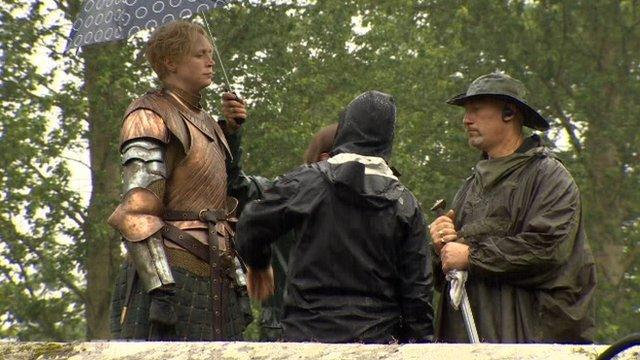Paul Greengrass: Hollywood director criticises Northern Ireland budget cuts
- Published
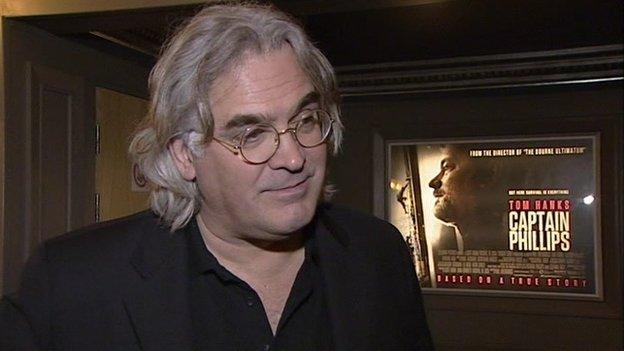
Paul Greengrass met budding film-makers in Derry in 2013, at a screening of his Oscar-nominated drama Captain Phillips, starring Tom Hanks
A leading Hollywood film director has criticised government cuts to education programmes that help young people get into the film and creative industries.
Paul Greengrass is best known for The Bourne Supremacy, the 9/11 film United 93 and the Oscar-nominated pirate drama Captain Phillips, starring Tom Hanks.
He also made films in Northern Ireland about Bloody Sunday and the Omagh bomb.
He spoke out against a proposed 50% cut to Northern Ireland Screen's funding, which will affect creative education.
'Breathtaking and inspiring'
NI Screen is a government agency that oversees Northern Ireland's growing film and television industry.
It currently provides funding for three Creative Learning Centres (CLCs) - the Nerve Centre in Londonderry, Nerve Belfast and the AMMA Centre in Armagh.
Mr Greengrass directed Jimmy Nesbitt in the Bloody Sunday drama in 2002 but returned to Derry last year as part of its UK City of Culture celebrations.
"The vibrancy, creativity, commitment, inventiveness, and sheer scale of the cultural activity taking place in Derry - particularly amongst young people - was to me breathtaking and inspiring," Mr Greengrass said in a statement to the Nerve Centre.
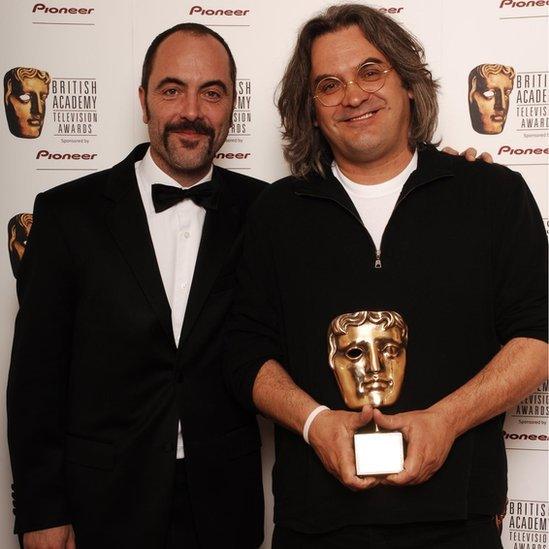
BAFTA-winning director Paul Greengrass directed Jimmy Nesbitt in a dramatisation of Bloody Sunday in 2002 and produced a TV film about the 1998 Omagh bomb
He added: "Those of us who have had the privilege to be welcomed to Derry and have seen this wonderful city emerge from dark days to stand as a beacon of hope not just for our country but for Europe and far beyond, can only register the strongest protest at the extent of the proposed cuts to the education and film sector in Northern Ireland."
'Closure'
Northern Ireland's power-sharing government is facing very tough financial choices on public spending after the block grant it receives from Westminister was reduced by 1.6%, a cut of about £160m.
Some Stormont departments have been asked to make savings of up to 11%.
Last month, the Department of Culture, Art and Leisure warned the cuts could be severe enough to force the closure of some bodies, as it attempts to save £10m from its £100m budget.
The proposed 50% budget cuts will not only affect the three centres but also the Belfast Film Festival, the Foyle Film Festival, the Queen's Film Theatre and the Cinemagic International Film and Television Festival for Young People.
'Boundless local talent'
Mr Greengrass said he was concerned not just about the affect on Derry's creative industry but Northern Ireland as a whole.
"Northern Ireland is now an established fixture in the international movie landscape - a place to come and make films, sustained by boundless local talent and ingenuity," he said.
"But we are only at the beginning of the journey to what can be achieved here in terms of jobs and creative opportunities for the next generation.
"We must protect what has been built. And we must continue to develop it," he added.
- Published9 December 2014

- Published20 November 2014
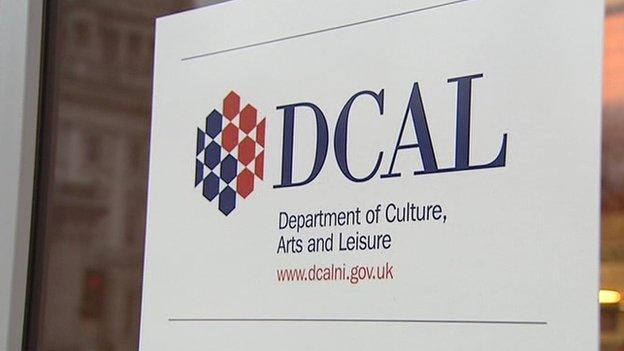
- Published20 November 2014
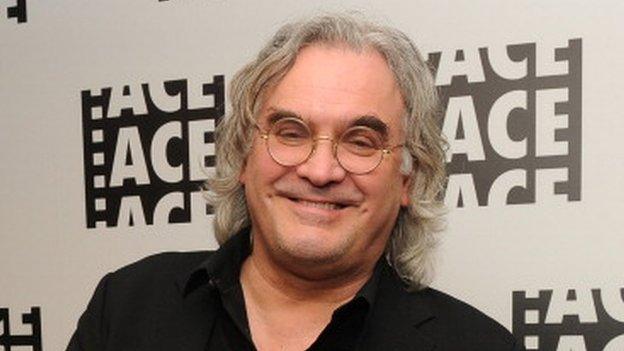
- Published30 October 2014

- Published31 March 2014
